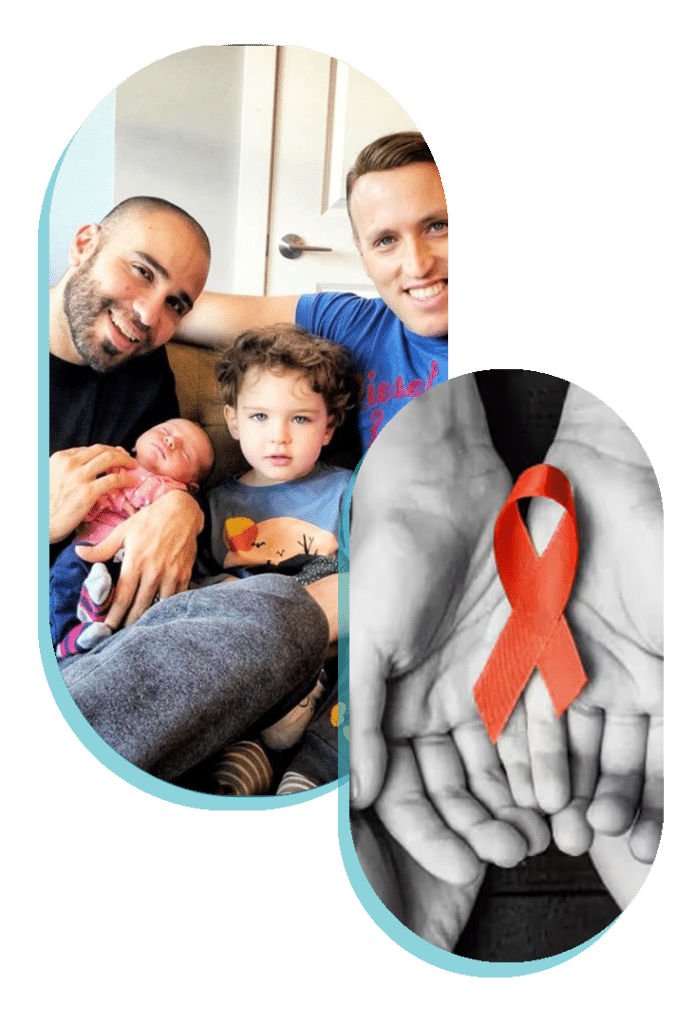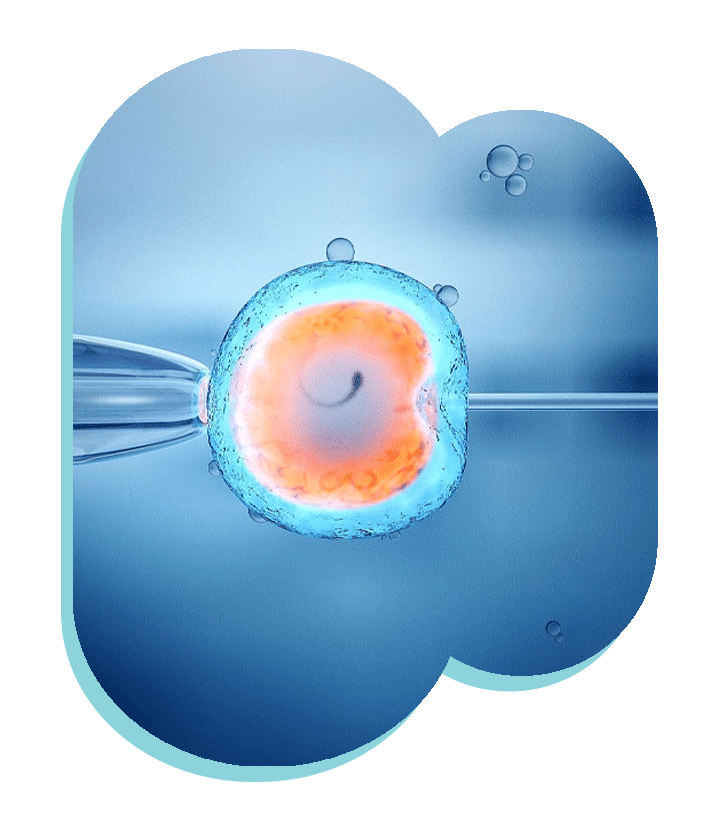Surrogacy for HIV
In Albania
Albania doesn’t have any rules or regulations regarding surrogacy at this time. So, anyone, regardless of their sexual orientation, can pursue a surrogacy plan within the country. Hence, we can say that Surrogacy for HIV Albania is also permissible, on the condition that neither of the individuals involved in the arrangement carries a risk of passing the virus to the future child.
There are a variety of ways to reduce the risk of HIV transmission during IVF treatment. While it is possible to pursue surrogacy in Albania as a woman or man with HIV, it is necessary that you adhere to the provided list of precautions and recommendations by our surrogacy professionals at Gaia Fertility.
Book Your Consultation Today
Surrogacy In Albania: how does it work?
When pursuing surrogacy with HIV in Albania, health is paramount. Regardless of symptoms, consistently taking medication and maintaining a low viral load is crucial. This minimizes the risk of transmitting a different HIV strain to your partner, a key factor in surrogacy. Lowering the viral load before pregnancy reduces transmission risk to both partner and baby, with less than a 1% chance when undetectable. Partner clinics also treat STIs before embryo transfer, further reducing risks.
A crucial step in surrogacy for HIV-positive individuals is sperm washing. This process separates sperm from seminal fluid, which is known to carry HIV, while sperm itself does not. By removing the seminal fluid, the risk of HIV transmission during the surrogacy process is drastically reduced. This procedure paves the way for assisted reproductive technologies, offering safe and effective pathways to conception.
Assisted reproduction offers several options for achieving pregnancy in the context of surrogacy for HIV. One method is Intrauterine Insemination (IUI), a relatively simple procedure where washed sperm is directly inserted into the uterus via a thin tube, increasing the chances of fertilization. A more advanced option is In Vitro Fertilization (IVF).
IVF is a more advanced method. Eggs are retrieved and combined with sperm in a lab. ICSI, injecting sperm into the egg, can be used for sperm issues. The embryo is then transferred to the surrogate. These methods, with medical care, make surrogacy safer for HIV-positive individuals.

Do you need Egg donors or sperm donors during Surrogacy for HIV in Albania?
If a woman undergoing IVF can’t use her own eggs, an egg donor may be used. The donor receives medication to stimulate egg production.
An HIV-positive woman has options for surrogacy. Her partner’s washed sperm can fertilize a donor’s egg, and an HIV-negative surrogate can carry the pregnancy. Alternatively, another woman could carry the child.
During IVF, sperm and eggs are combined in a lab. The embryo is then implanted in the surrogate mother’s womb in Albania.
Even with HIV-negative sperm or eggs, it’s crucial for the HIV-positive woman to continue HIV medication during surrogacy. Using an HIV-positive woman’s egg and a HIV-positive man’s cleansed sperm with an HIV-negative surrogate, while medically possible, may face legal hurdles. Expert guidance from a reputable facility like Gaia Fertility is essential if this process goes through for the parents.

How can we help
At Gaia Fertility, we always ensure that the entire process mentioned above is being undertaken under the supervision of highly qualified medical personnel. This is the sole reason that we put our best people to work with the help and support of our partner IVF centers and surrogacy clinics in Albania.
Contact one of our client coordinators now for a free consultation!
